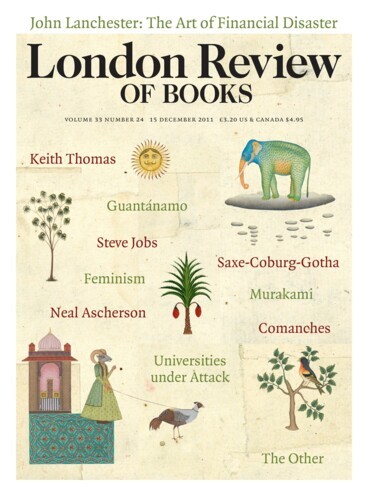Who was in Tomb II? Macedon
James Romm, 6 October 2011
Almost 35 years ago, the Greek archaeologist Manolis Andronikos opened a large, unplundered chamber tomb in the northern Greek village of Vergina, and a great controversy began. The tomb housed the cremated remains of a man aged between 35 and 55 and of a younger woman, a pair Andronikos soon identified as the Macedonian king Philip II – father of Alexander the Great, builder of the...





